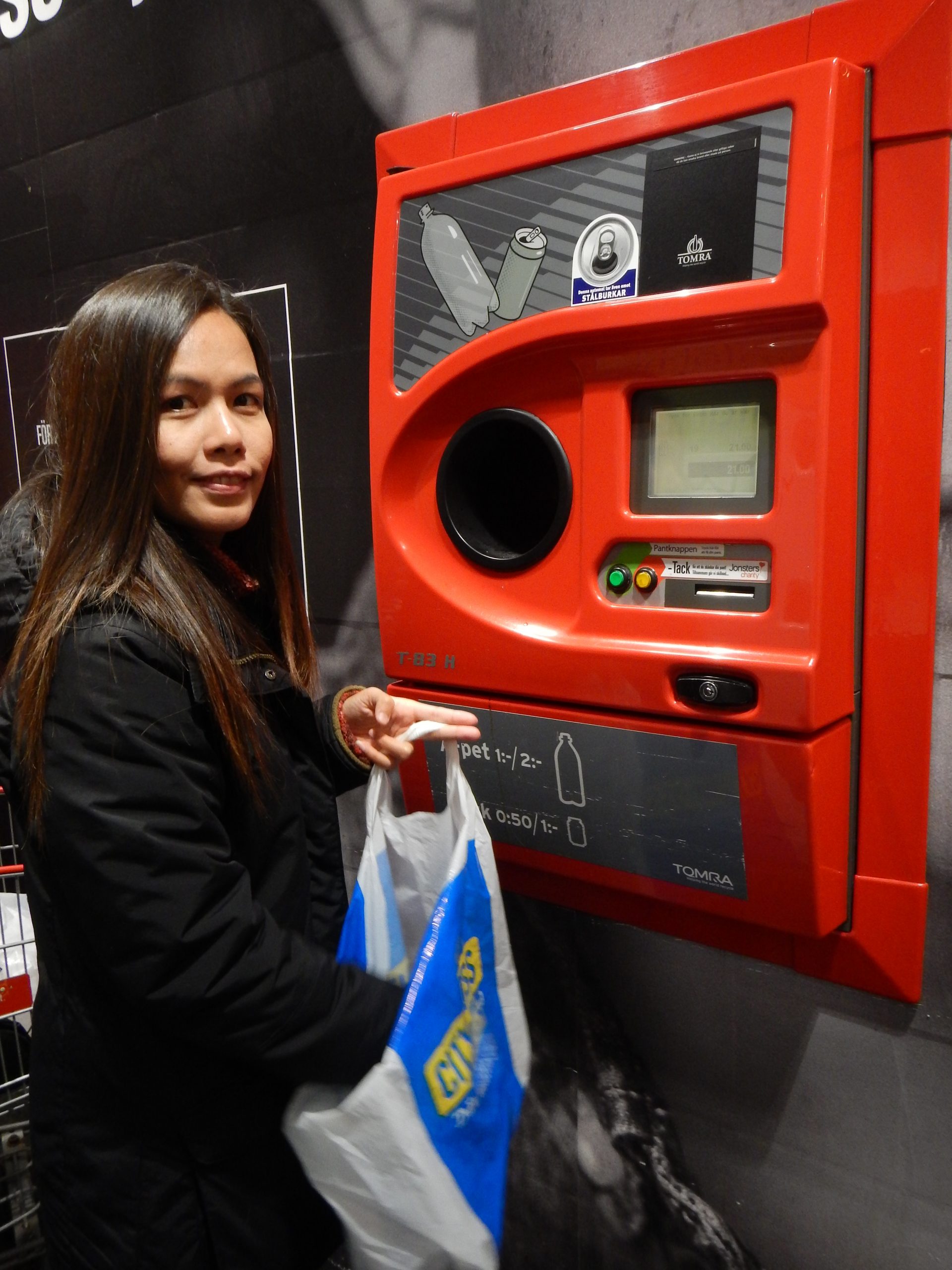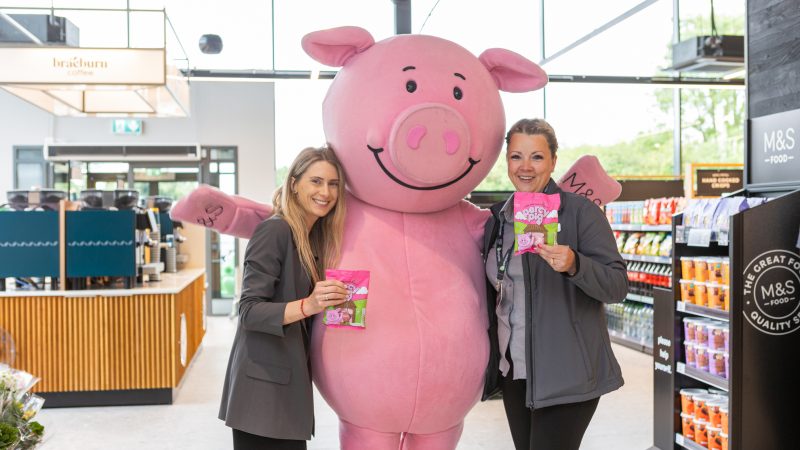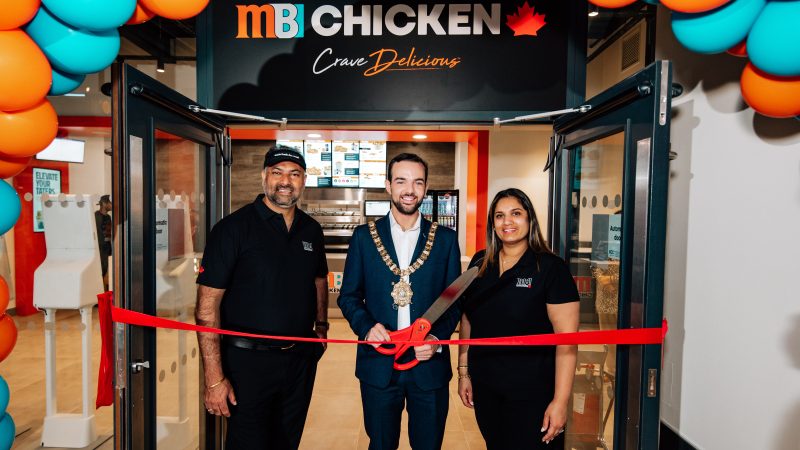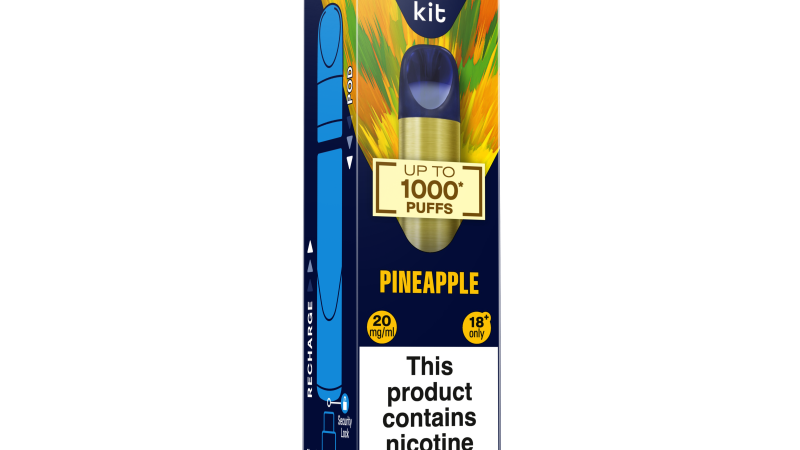Department of Climate Change Working Group for Deposit Return Scheme set up

Following its 2020 consultation on a DRS – Deposit Return Scheme – the Department of Climate Change has established a working group. The group – which includes representatives from government, CSNA (Convenience Stores and Newsagents Association), the Beverage council and other bottling representatives will meet on Monday 15th February to start work on devising the scheme.
A 2020 poll in Ireland found that 88 per cent of the population are in favour an ‘all-in’ deposit return scheme (DRS).
Deposit Return Schemes
CSNA’s Vincent jennings told IFCR that it would be important to look at the Deposit Return Schemes operating successfully elsewhere. Scotland recently introduced a scheme, and several other states have had them in place for some time.
“It’s important that retailers are at the forefront of devising the scheme from the outset. It’s important that they are properly rewarded and is will be a big undertaking” said Mr Jennings.
“Plastic bottles and aluminium cans will be returned to where they were bought. The timescale and logistics need to be worked out but it could take a year to devise the scheme and a year to roll out.”
Programme for Government
The Minister for the Environment, Climate and Communications, Eamon Ryan TD initiated the public consultation last year, for the design of a deposit return scheme for plastic bottles and aluminium cans.
The Programme for Government – Our Shared Future – and the Waste Action Plan for a Circular Economy had set out the government’s commitment to introduce a Deposit and Return Scheme (DRS) for plastic bottles (up to three litres in volume) and aluminium cans.
Increase recycling rates
The consultation suggested a deposit of €0.20 per container, with submissions invited from the public and stakeholders on the design of the Scheme. The primary function of a DRS is to increase recycling rates and support the circular economy by keeping materials in productive use and reducing demand for new materials. They have also been shown to assist in the reduction of littering of beverage containers.
Deposit and return schemes have been around for decades and were originally designed by the beverage industry as a way of ensuring the return of bottles so they could be washed, refilled and resold. In Ireland, some people will remember this as a system that was previously used to ensure that glass milk and soft-drink bottles were returned for reuse. In a DRS a refundable deposit is applied to beverage containers to incentivise consumers to return their beverage containers for recycling or reuse.
Circular economy
Minister Ryan said “If we are to get the benefits of a circular economy we need to adapt our approach to how we use and manage our resources. We must strive to keep resources in circulation for as long as possible and the introduction of a DRS is a first step in this, as we need to collect and recycle more plastic bottles and aluminium cans. It will also help to reduce litter and will ensure that we meet the EU targets which are coming down the tracks. This consultation paper is the first step in this process and I hope that interested stakeholders and members of the public take the time to consider the issues around DRS and support its introduction.”








